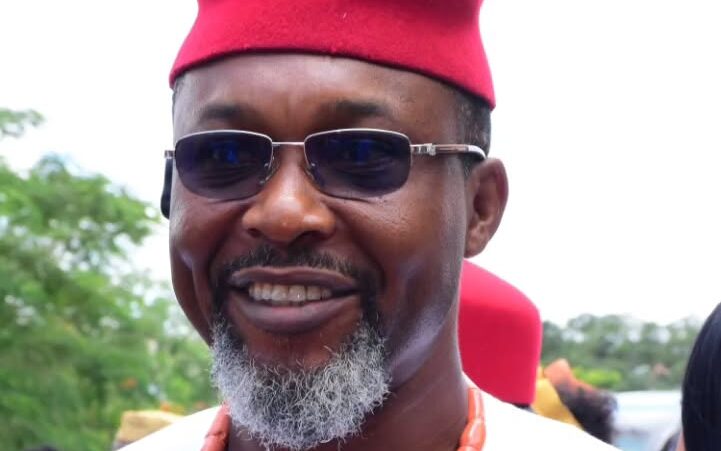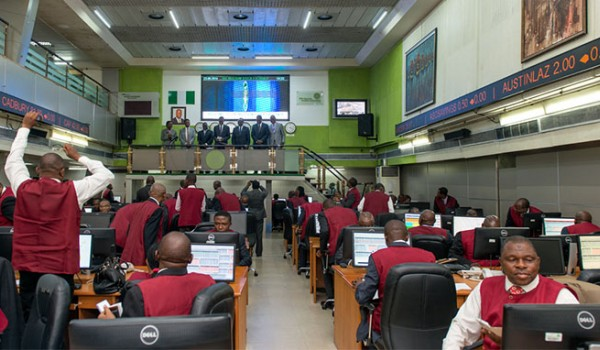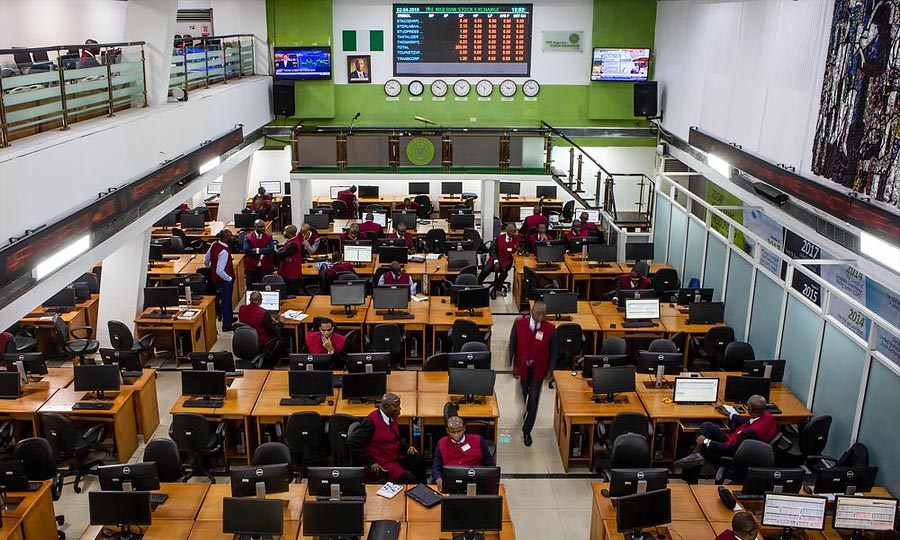•Seeks collaboration with Nigerian engineers on sector’s challenges
Emmanuel Addeh in Abuja
The Minister of Power, Chief Adebayo Adelabu, has said that President Bola Tinubu met power generation at 4,000mw, but has raised it to roughly 6,000mw, about 50 per cent increase by a THISDAY estimate.
Adelabu spoke in Abuja during the visit of the Nigerian Society of Engineers (NSE), led by its President, Margaret Oguntala, to discuss areas of collaboration between the organisation and the ministry.
The minister called for stronger relationship between the NSE and the Federal Ministry of Power, especially in addressing challenges in the power sector, hinting that as a country with so many engineers, this hasn’t seemed to reflect in resolving Nigeria’s power sector issues.
While reviewing the activities of the federal government since the present administration took over, according to a statement by his spokesman, Bolaji Tunji, noted that it took Nigeria nearly 40 years to increase power from 2000 megawatts in 1984 to 4000 megawatts in 2022.
In less than two years of the present administration, he stated that this has increased to 6003 megawatts, adding that although it is not where the country should be, it shows that the administration of President Bola Tinubu is focused on turning around the power sector.
“In 1984, the country generated 2000 mw of electricity and this was not increased to 4000 mw until about 40 years later, to around 2022 or so. We are about two years old now, but we have been able to increase it to 6,000 megawatts.
“This can be attributed to the efforts of President Bola Tinubu and the realisation of the importance of the sector as a major factor to galvanise the economy”, the minister said.
The discussion further centred on strategic partnerships, mentorship opportunities, and the crucial role of NSE in providing technical advisory support to the ministry on power-related issues.
According to the minister, considering the number of engineers that the country has produced, Nigeria should have migrated from the engineering-related problems facing the nation, especially in the power sector.
“I want to challenge the body to let your activities impact on the efficiency of the critical infrastructure of the ministry. On this, you must be seen to have lived up to your responsibility. We have so many engineers in Nigeria, yet our power infrastructure is still like this.
“ NSE was established in 1958, that is about 67 years ago and yet we are still having grid collapse, so what are our engineers doing? Should it be like this? The answer is definitely, no,” Adelabu lamented.
He advised the NSE to focus on the challenges besetting infrastructural development, saying that such efforts to develop the country is the way to show patriotism and nationalism.
“It is a slight on us if we cannot address these challenges, so I’m calling on your society to let us work together in addressing Nigeria’s problems, using your expertise. The ministry does not give jobs out without such a company being a member of your society.
“We are not like any other ministry or government agency, the power sector is unique. So on our part, we are fulfilling our obligations to you but you have not reciprocated this to us,” he told the visiting NSE team.
Adelabu also emphasised the importance of manpower development and training and enjoined the NSE to take it seriously.
“I also want the NSE to take the issue of training very seriously. The profession needs constant training and retraining. We have a very vibrant training institute, the National Power Training Institute (NAPTIN) that you can partner with in this aspect of training.
“ It is unfortunate that the issue of training has been relegated to the background. The last crop of our engineers that were trained were those from the old National Electric Power Authority (NEPA). We must go back to that era of rigorous training of our engineers,” he stressed.
In her remarks, the NSE president promised that the body would take up the challenge by the minister and assured of NSE’s commitment to contributing technical expertise towards improving Nigeria’s power sector.





